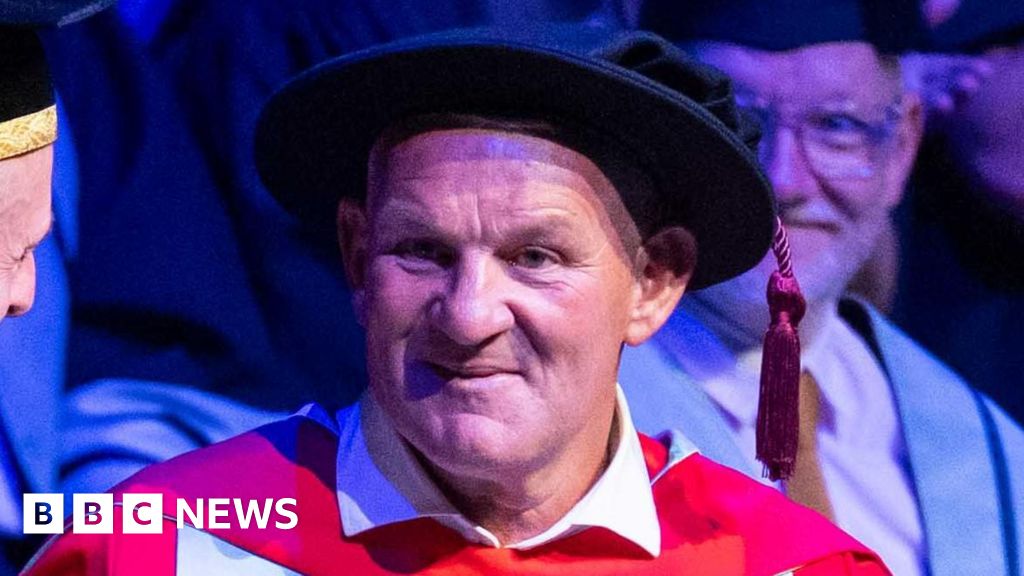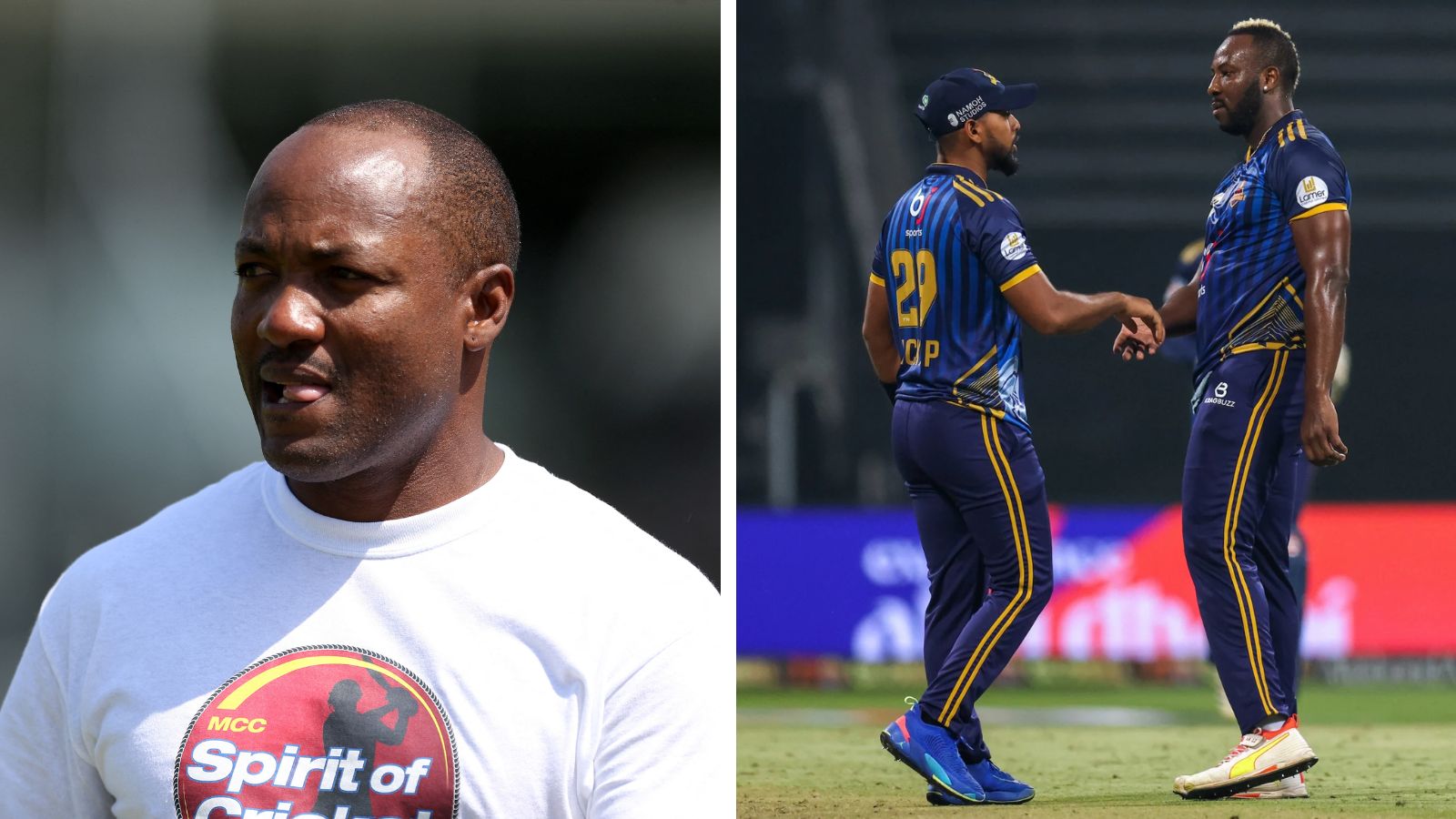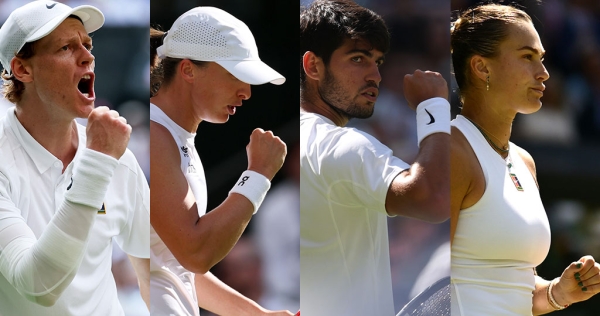GAA tightens matchday protocols after Tipperary-Kilkenny scoreline controversy

Referees chief Donal Smyth has confirmed that the GAA has tightened its protocols and matchday procedures following a review of the Tipperary/Kilkenny scoreline controversy.A Noel McGrath wide for Tipperary was incorrectly chalked down as a point by both the scoreboard operator and broadcaster RTÉ in the closing minutes of last Sunday week's All-Ireland SHC semi-final.Tipp eventually won the game by two points though Kilkenny may have taken an alternative approach in the final exchanges if they'd known they were just two behind, instead of three.The GAA acknowledged in a statement that 'there was confusion over the final score' and said they would 'establish how the initial mistake occurred' following receipt of referee James Owens' report.Speaking at the launch of RefWell, the GAA's new online performance psychology and mental health training programme, national match officials manager Smyth said that a number of factors combined to allow the error to occur."It was a mixture of stuff," said Smyth, who was on the sideline on the day and stressed that referee Owens had the correct score at all times. "The time of the game probably didn't help. So at 69 minutes we had a Kilkenny sub, at 70 minutes the ball went wide, we had a Tipperary sub at the same time."We didn't notice the scoreboard had changed in relation to that (McGrath's wide). Then the difficulty is we didn't get a break in play to stop the game to check the thing. We've changed our processes last week and our protocols around that, so it's something we just have to work on."One umpire at the Hill 16 End clearly signalled a wide following McGrath's point attempt on the stroke of 70 minutes. The second umpire caught the sliotar, perhaps contributing to confusion.Asked how a repeat of the situation can be prevented in future, Smyth said it comes back to nailing the basics of officiating and matchday protocols."You prevent it by tightening up your procedures," said the former Meath football goalkeeper. "And, as I say, we're on the sideline there, how we communicate to the scoreboard and then what we do afterwards, how do we communicate out? So there's lots of things when we looked at it afterwards that we just have to tighten up."Look, we're talking about refereeing here but we could be talking about anything, we could be talking about players - if we get the basics right, the other things will follow."When you're playing in goals, for example, you have to catch the ball, you have to kick the ball, you have to hold the ball. With refereeing, you make decisions, you apply the rules, you have to re-emphasise the basics. Look, there were mistakes made on that day so we just have to ensure that our protocols are working."The new RefWell programme, a world-first which was three years in the making, will provide support, both technical and mental, to referees.The online training programme consists of six modules, each delivered by a registered and accredited sport and exercise psychologist, and goes live this week on the GAA's e-learning Tobar portal.It has been hailed a world-first with research conducted by Ulster University and Queens University, in collaboration with club and county referees.One in four referees had reported symptoms of mild or more severe depression with a similar figure reporting symptoms of mild or more severe anxiety.Almost two thirds felt that referees had not received sufficient training to deal with stressors such as abuse.Almost 1,000 websites of national governing bodies from around the globe were reviewed as part of the process and only one policy document relating to the mental health of refs and match officials was unearthed.








